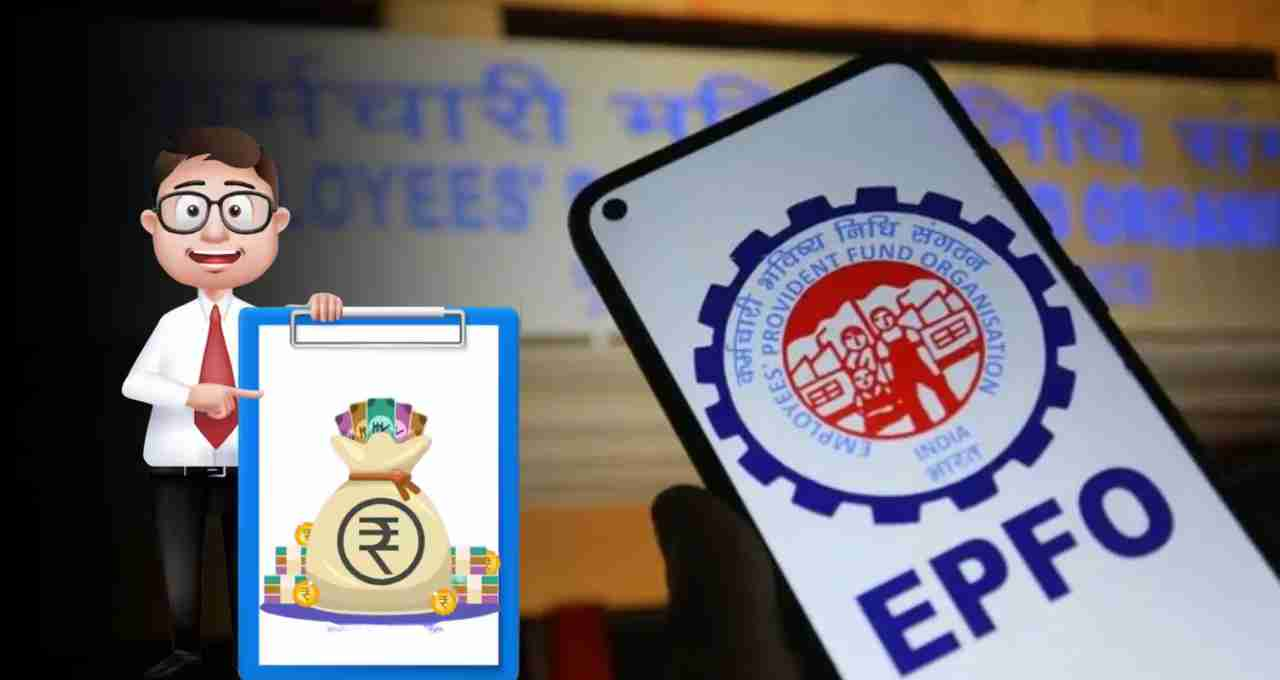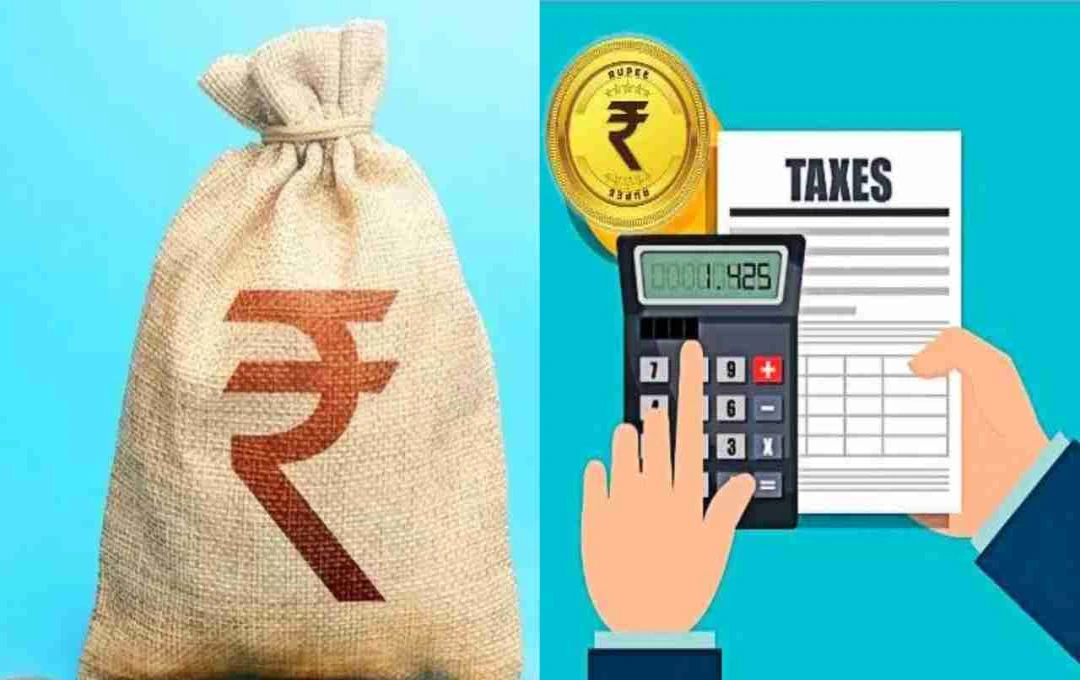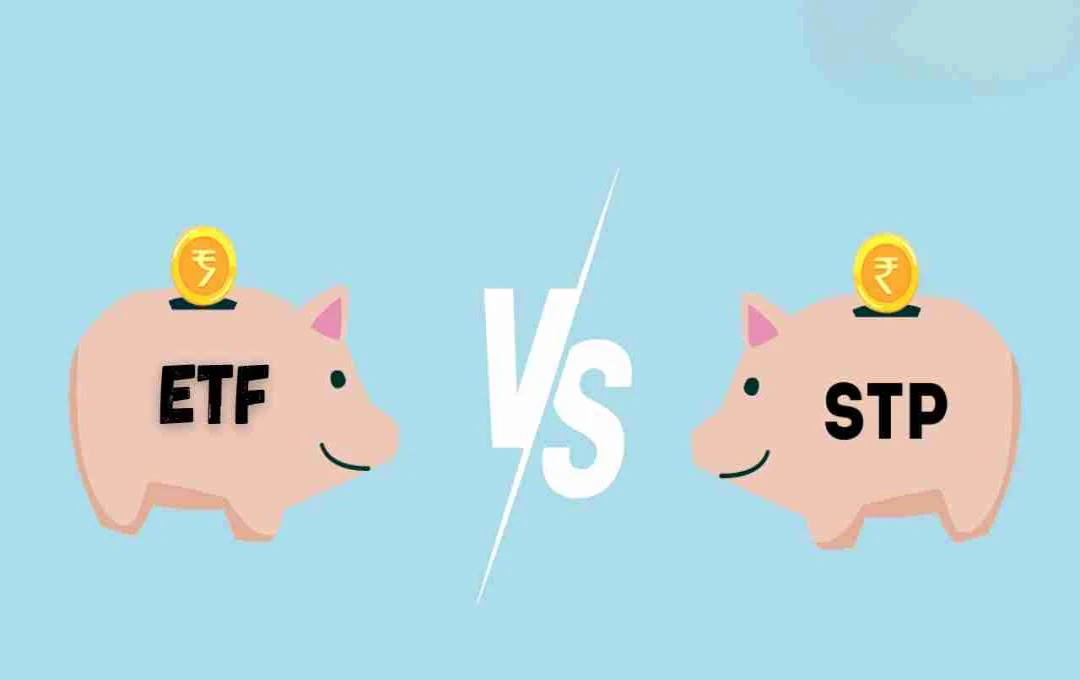The government has provided several concessions to make the New Tax Regime more attractive. In Budget 2025, it was announced that individuals adopting the New Tax System could have an annual income of up to ₹12 lakh tax-free. If certain deductions are included, this figure can reach up to ₹12.75 lakh. However, many people still don't know how to reduce tax while remaining in this system. Here, we tell you 4 easy ways to control income tax even while staying in the New Tax Regime.
Double Benefit with Investment in NPS
The National Pension System (NPS) is a retirement plan where you can save for the future and also save on taxes by investing. A special feature is that the benefits of NPS can also be availed in the New Tax Regime.
If your company contributes up to 14 percent of your basic salary to NPS, the entire amount is tax-free. This is covered under section 80CCD(2). Many people do future planning through monthly SIPs, but the returns received on them are taxable. In such a situation, if a portion of the same amount is put into NPS, not only will your tax be reduced, but 60 percent of the amount received at the time of retirement will remain tax-free.
NPS also has an equity option called NPS-E. It provides good returns in the long term and is also considered a smart way to create wealth.
Increase Contribution to EPF

Employees Provident Fund (EPF) is considered a part of the salary by people, but very few people know that tax can also be saved by increasing the contribution to it.
Most employees have an EPF contribution of 12 percent, which amounts to ₹1800 per month on a basic salary of ₹15,000. But if your actual basic salary is higher, you can contribute 12 percent on that as well.
For this, you will have to request your employer for a change in the salary structure. This will directly affect your take-home salary, but it can be a b step in terms of retirement savings.
The company's contribution to EPF is also tax-free, and its withdrawal is also tax-free with certain conditions.
Invest in the Name of Parents
If your parents have no income or are not in the tax slab, you can save your own tax by investing in their name.
Suppose you gift some amount to your mother and she invests that amount in a fixed deposit (FD). The interest received on the FD will be considered her income. If her total annual income is less than the tax-free limit (₹3 lakh in the New Tax Regime), then no tax will be levied on that interest either.
If she wants to give the money back to you after the maturity of the FD, it can be shown as a gift. This will not create any tax-related liability. However, some planning and documentation are necessary before adopting this method.
Use the Presumptive Taxation Scheme

If you are not a salaried employee and are involved in any professional service, then the presumptive taxation scheme under section 44ADA can prove to be beneficial for you.
In this scheme, only 50 percent of your total gross income is considered taxable. The remaining half of the income is automatically considered as expenses, whether you have actually spent it or not. This eliminates the need to keep track of actual expenses and reduces the tax burden.
This method is especially useful for doctors, lawyers, architects, consultants, and people associated with freelancing.
For example, if your annual income is ₹20 lakh, then only ₹10 lakh will come under the purview of tax in this scheme. If you come under the New Tax Regime, your tax liability can be reduced to a great extent because of this.
Tax Planning is Necessary in the New Tax Regime
Even though the New Tax System is simplified, the number of exemptions in it is limited. Therefore, smart planning is necessary. The 4 methods mentioned above are such that they can not only increase your savings but also bring financial stability in the long term.
Among these methods, contributions to NPS and EPF are investments that secure retirement. At the same time, methods such as investment in the name of parents or presumptive taxation help in immediate tax saving.















